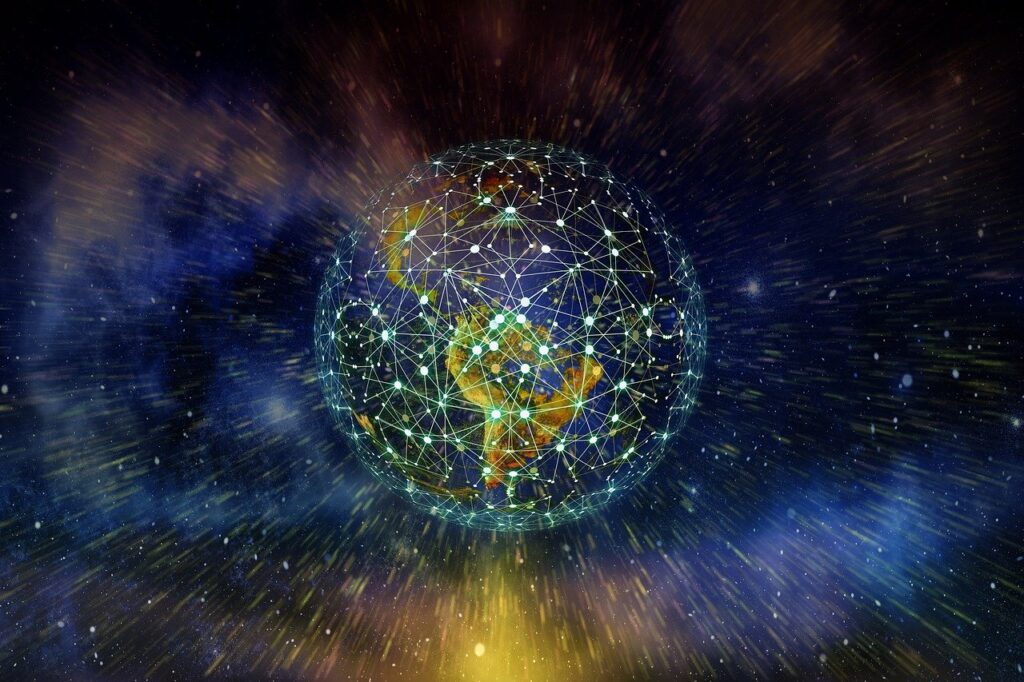In an Age Where Value Is Measured by Price, What Are We Losing as Humans?
As of 2025, we live in a society where “purchasing” and “choosing” dominate nearly every aspect of life. Within digital platforms, we constantly select, compare, click, and pay—daily. Food, clothing, education, healthcare, housing, jobs, leisure, and even human relationships are increasingly being commodified.
Consumption has become more than a means of acquiring necessities; it now defines identity. People explain themselves not by what they own, but by what they choose. In this world where choice is equated with consumption, what have we gained—and what are we losing?
Recent studies show a growing trend of “consumption fatigue.” Despite an abundance of goods, satisfaction is decreasing. People report a growing sense of emptiness, even as their freedom to choose expands. The rise of “no-spending challenges” and minimalism, especially among younger generations, is less a fad than a structural backlash.
Endless advertising stimulates desire. Society urges us to forge our identity through consumption. Yet in the end, very little is truly fulfilled. The problem is not consumption itself, but the emotional exhaustion that results when consumption becomes the core of life.
Most alarming is the way values are increasingly determined by price. Education is evaluated as an investment. Relationships are judged by efficiency. Even ethical decisions within communities are often assessed by economic logic.
Helping someone is weighed for “rationality.” Sacrifice and devotion are labeled “inefficient.” Market logic simplifies all value systems: “Expensive means better,” “Popular means right,” “If people choose it, it must be good.” The danger is that truly meaningful things struggle to survive in such a framework.
In the past, people chose products. Today, choices define people. Recommendation algorithms learn our preferences. Ads shape our attention. Social identity is now measured by what we consume. “How” you consume—not just “what”—determines your social class, your sense of self, and even the breadth of your relationships.
And increasingly, people are trapped in a state of chronic insufficiency. No matter the choice, no matter the possession, the feeling of inadequacy remains.
The Bible defines human value not by possessions, but by our being made in the image of God. Jesus taught that life does not consist in the abundance of possessions (Luke 12:15), and the apostle Paul wrote, “We brought nothing into the world, and we can take nothing out of it” (1 Timothy 6:7).
Yet today we live as if we cannot exist without constantly acquiring. When consumption becomes the core of life, we become fading beings—less grounded, more shaped by trends, and increasingly unable to live by our own standards.
This is not a call to reject consumption, but to restore balance. Consumption was once a part of life; now it threatens to become its purpose. That shift is not just an economic or cultural issue—it’s a matter of worldview and human dignity. Christians, in particular, must discern this trajectory. Faith is ultimately about “what holds the center,” and the gospel calls us to cherish the unseen over the visible.
When possession becomes the standard, we lose our essence
Today, owning outweighs becoming. But true personhood isn’t found in a shopping bag or a bank account. If consumption continues to dominate, we may find ourselves judged merely as the sum of our choices.
God sees differently. He looks not at what we own, but at the posture of our hearts. What we need today is not more options, but a clearer center.
Maeil Scripture Journal | Today’s World, A View Through the Word




